Sabiti Makara delivers Professorial Inaugural Lecture at KAB, examining decentralization and governance in Uganda
KAB has held a Professorial Inaugural Lecture to celebrate the appointment of Professor Sabiti Makara as a new professor in the Faculty of Arts and Social Sciences, specializing in governance. The event that was held at the KAB main campus in Kikungiri was attended by several members from the local government in areas of Greater Kigezi and Ankole, and other participants attending online.
During the lecture, Professor Makara shared his expertise, research findings, and insights with colleagues, students, and the broader academic community through a paper titled ‘Democratic Decentralization: Unpacking the Politics and Administration of Service Delivery in Uganda.
Prof. Joy Kwesiga applauded Prof. Makara for his outstanding achievements and valuable contributions to the field of governance. She noted that Inaugural lectures are an important way through which the university shares knowledge with the community. “I would like to encourage all academic staff who have attained the rank of professor to give these lectures which will help society to know of the relevant solutions to problems affecting them”, Professor Kwesiga noted.
In his address, Professor Makara analyzes the evolution and consequences of recent governance and state reforms that have unfolded in Uganda since the early 1990s. His primary focus lies in scrutinizing the execution of decentralization. He expounds upon decentralization as a governance and administrative principle, whereby the central government entrusts specific powers and duties to subordinate levels of government, including regional, provincial, or local authorities. This practice is frequently undertaken to promote governance efficiency and effectiveness, ensure improved representation of local concerns, and foster increased public involvement in the decision-making process.
Professor Makara’s conclusion highlights that while decentralization has led to enhanced interactions between government representatives and the general populace, it has not been without its difficulties. These challenges include the failure of state institutions to fulfill their roles, the absence of policies that prioritize the welfare of the underprivileged, inadequate motivation of local government officials, and the persistence of corruption across various levels of government.
The researcher suggests that achieving successful decentralization entails the implementation of dynamic pro-people policies, the expansion of opportunities for widespread public engagement, the establishment of trust, the development of equitable power dynamics, and the enforcement of robust accountability mechanisms within the public sphere. These elements are essential for the effective and beneficial functioning of decentralized governance systems.
The Ntungamo-born professor began his academic career at Makerere University where he was able to rise through the academic ranks from a Teaching Assistant to Lecturer, Senior Lecturer, Associate Professor, and full Professor. He went to Nkongooro Primary School, Makobore High School, and thereafter to Makerere University where he did a BA in Political Science, Philosophy, and History, ranking amongst the best students of his graduation year that enabled him to scoop a British Council scholarship for a Masters degree in Public Administration and Management at the University of Liverpool. He later did and completed his doctoral degree at the University of the Witwatersrand, Johannesburg in South Africa.
Professor Makara is a seasoned academic, researcher, and consultant on political matters. He specializes in Public Administration and Management and has widely published articles in international journals which can be accessed
in accredited academic portals. He is an external supervisor for several universities, mentored several students, and has successfully supervised several Masters and Ph.D. students to graduation.
Discover more from Kabale University News
Subscribe to get the latest posts sent to your email.


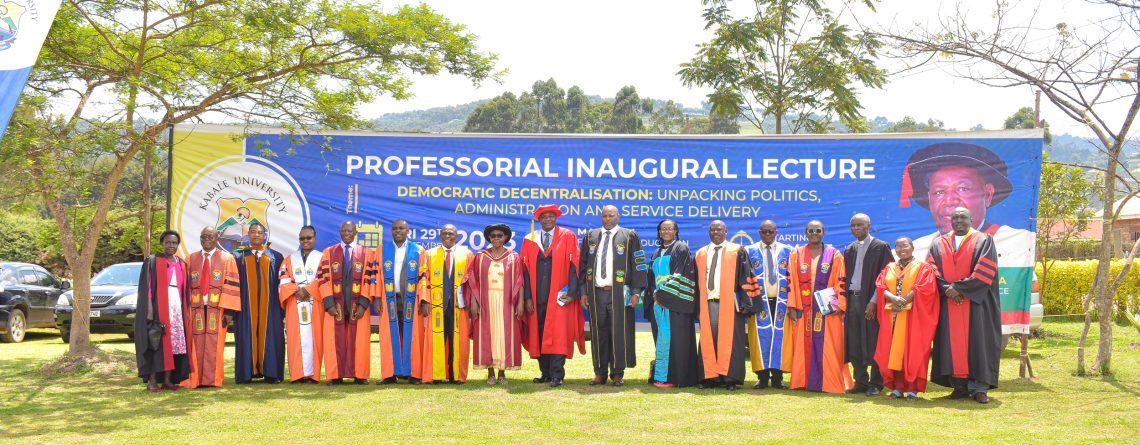
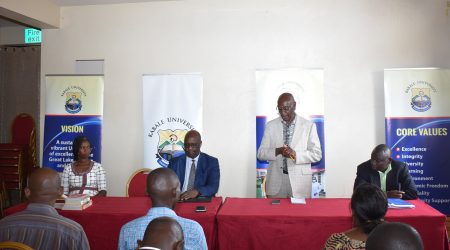
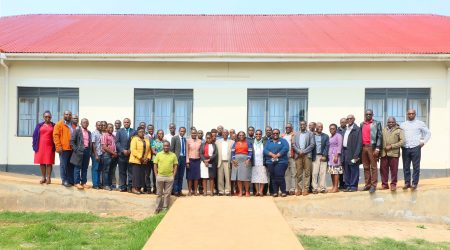
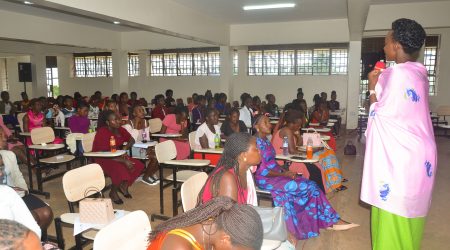
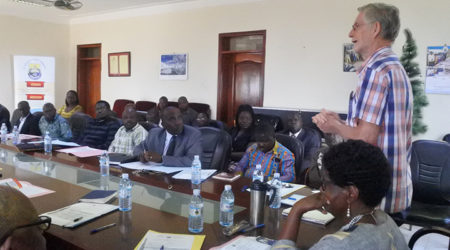
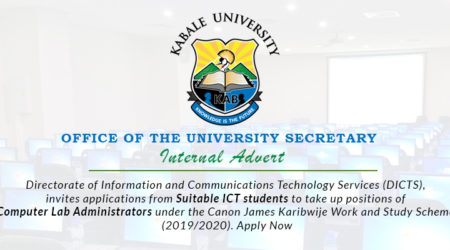
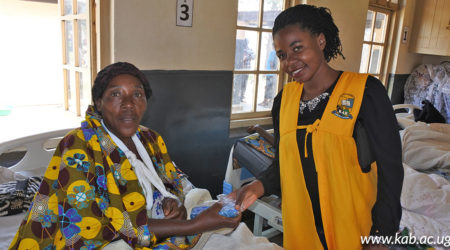
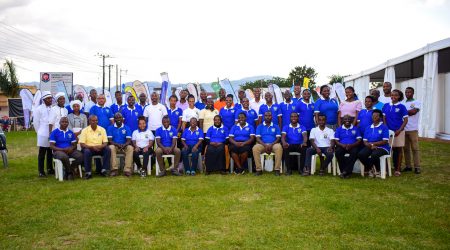
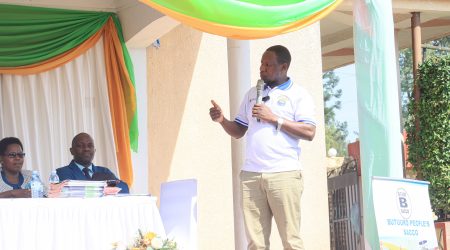
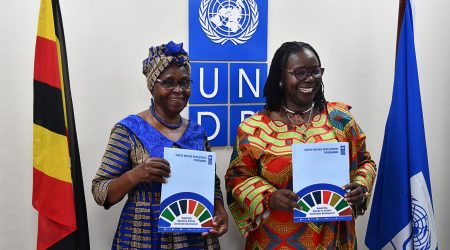
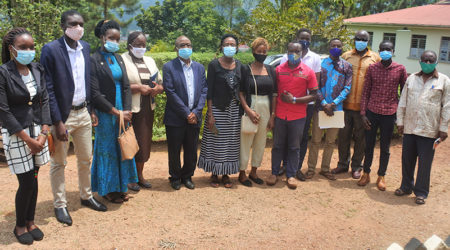
Comments (2)
Thanks to Prof. Sabiiti Makara for the developmental and educative knowledge shared. The policy formulation process need to utilize such knowledge and develop policies that enhance community engagement in their own development. The policies developed should also look at service delivery challenges and the possible contribution of the beneficiaries to address the challenges of public administration. Thanks very much prof.
He got 2 sales in 48 hrs from this $4.90 traffic source—others are getting signups daily. Want 1,000 free views to test it out?
https://cwmoney.systeme.io/get-traffic